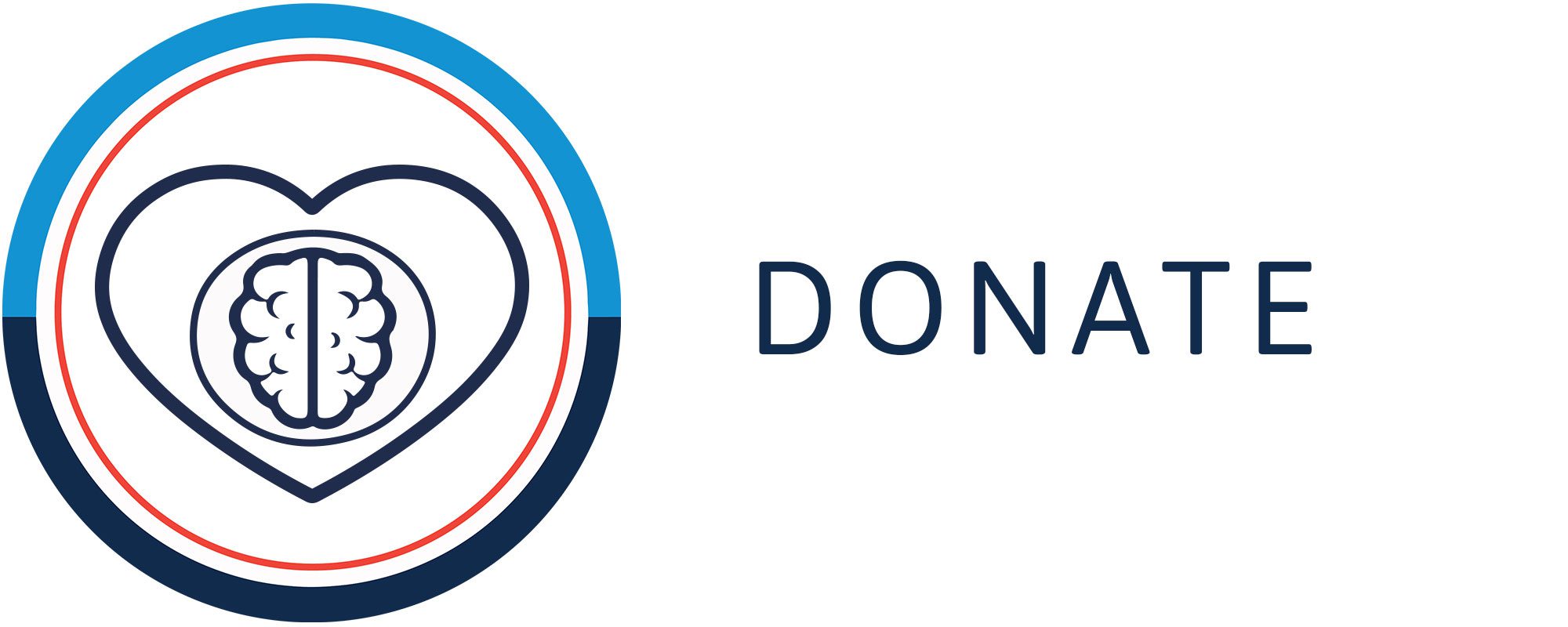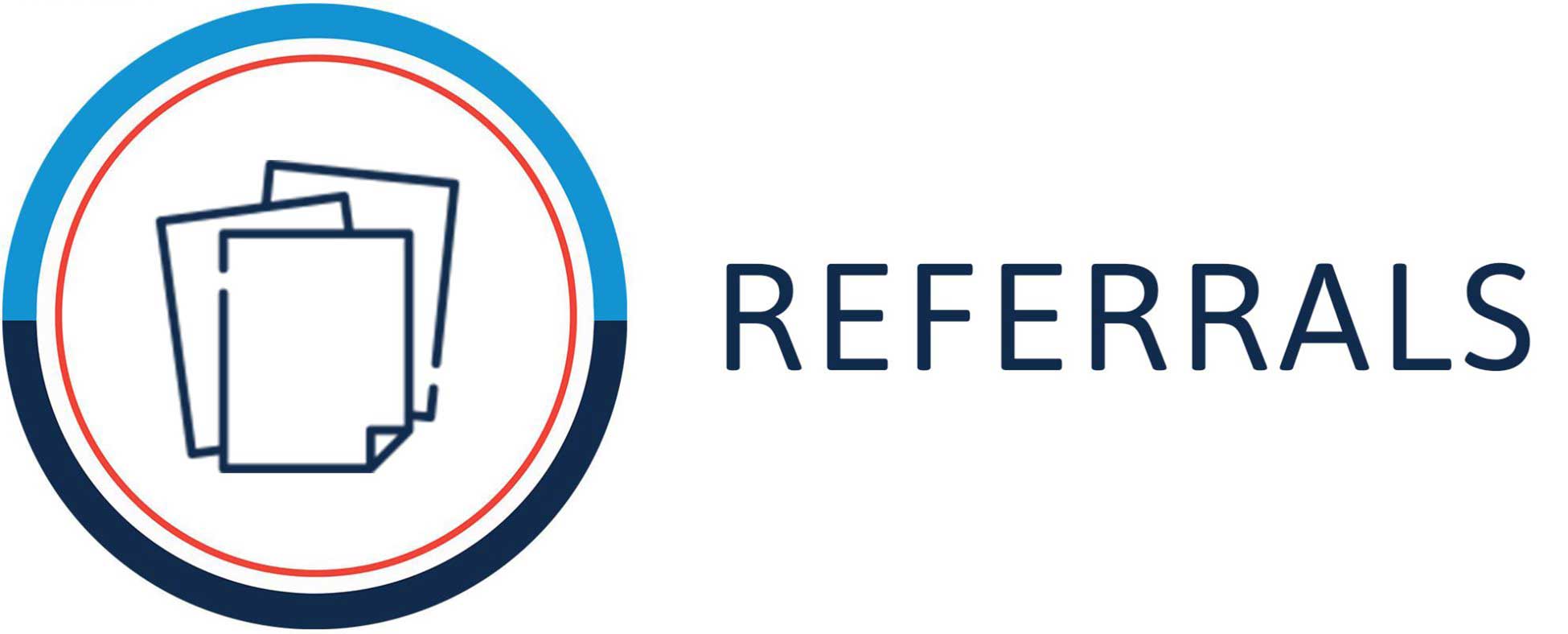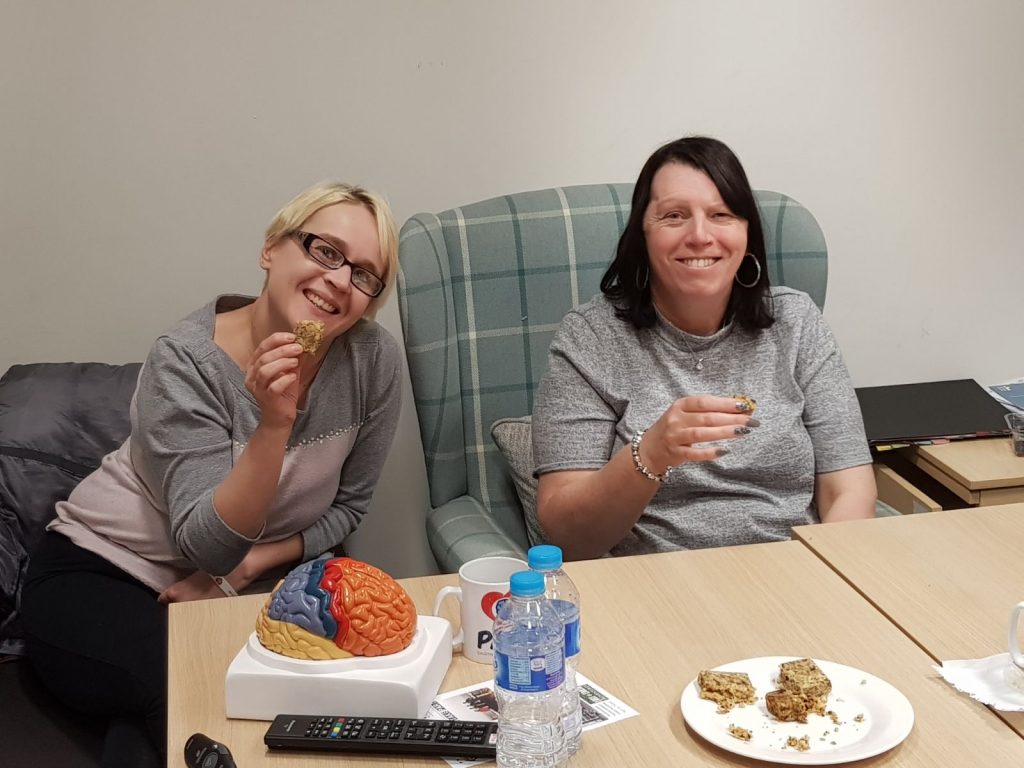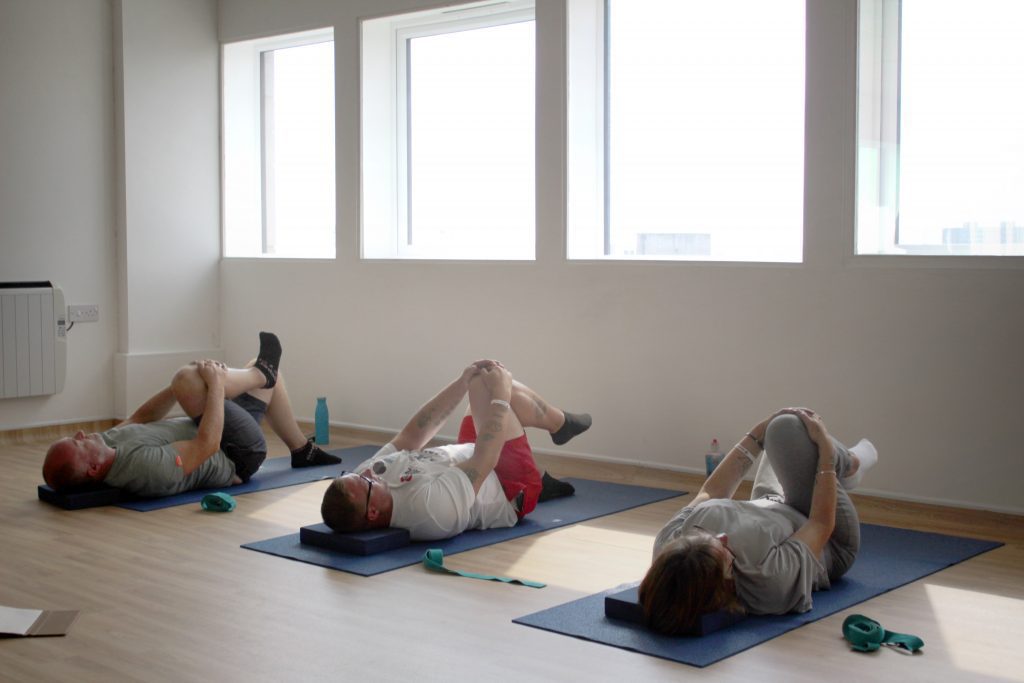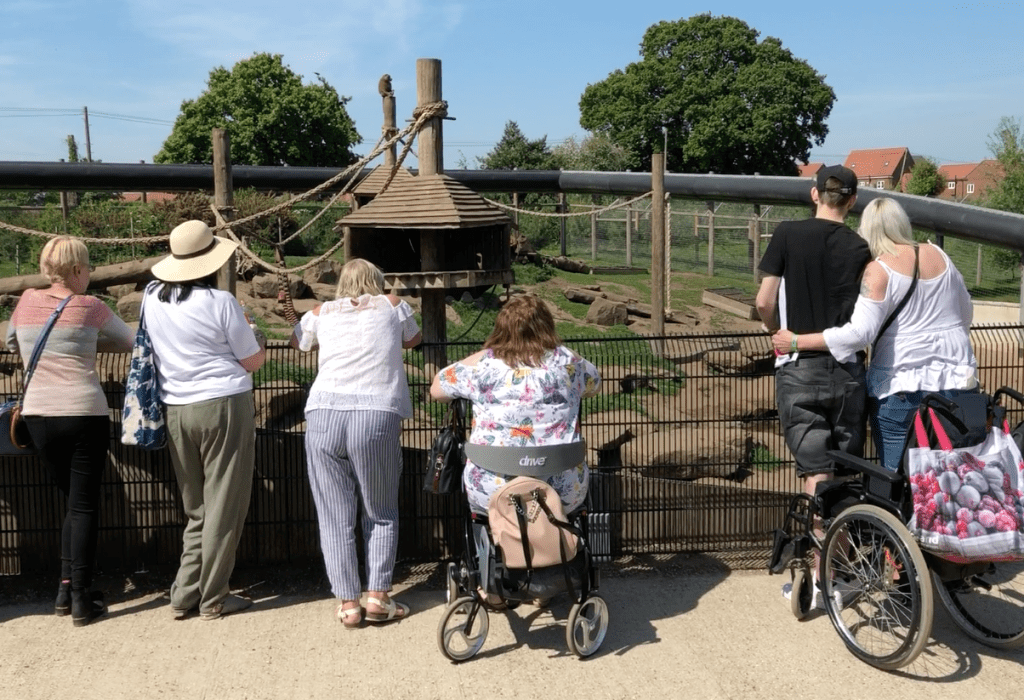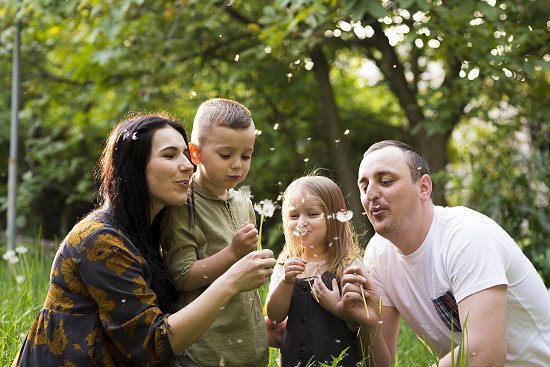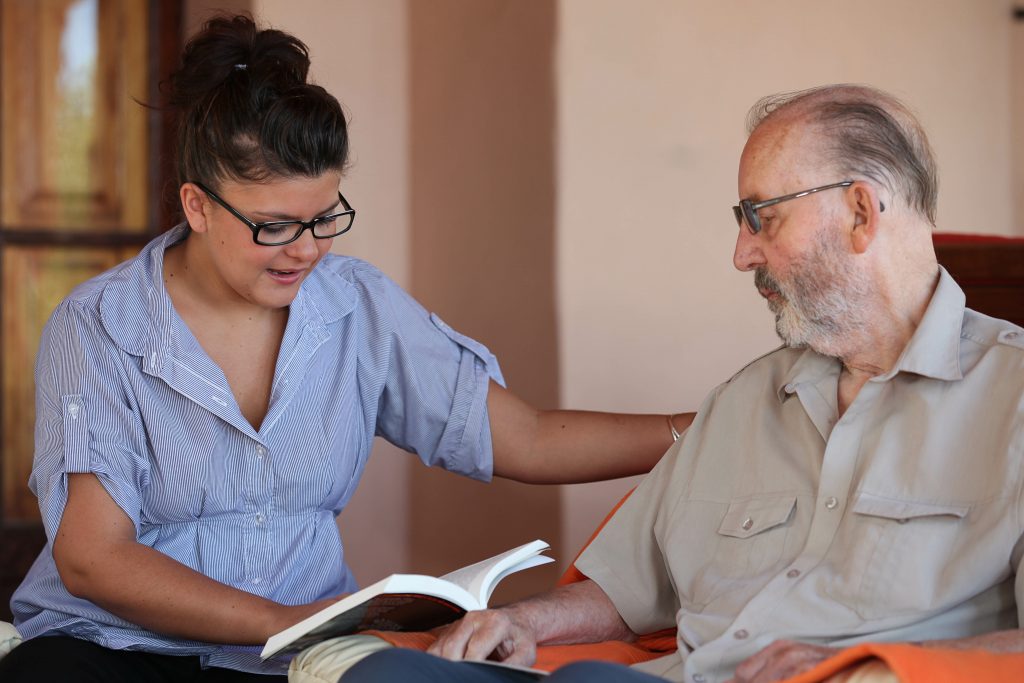Although some of the effects of brain injury can be life-long, the focus of our community service is to offer sessions and activities to aid recovery. We help service users manage daily living and the consequences of brain injury, whilst empowering individuals to reach their new potential. This can range from promoting understanding of the common effects of brain injury, to promoting new friendships and working towards improving general wellbeing. Our Family Support sessions also offer support and guidance to family members and loved ones affected.
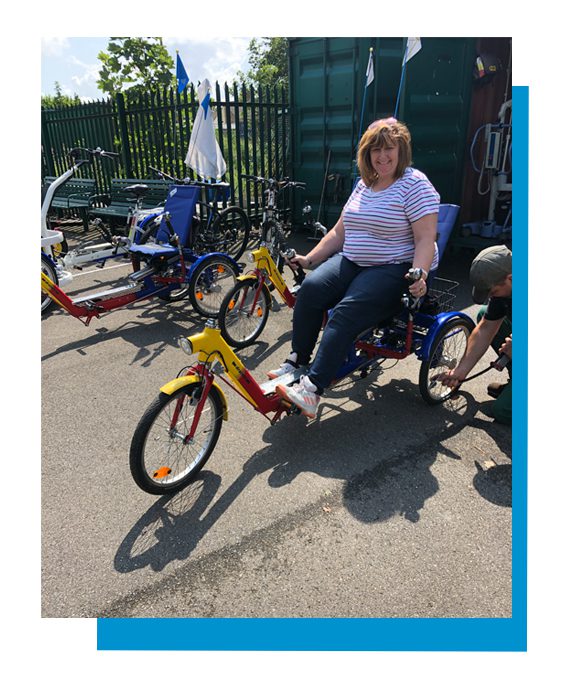
Support plans can help to:
- Feel understood and supported
- Feel a sense of belonging
- Gain confidence and improve wellbeing
- Gain practical skills & knowledge to aid recovery and beyond
- Learn ways to manage difficulties
- Feel a sense of purpose and reward
- Meet new friends and socialise
Each individual person and situation is different. We aim to understand the difficulties faced, identify personal goals and create a support plan tailored to the individual. Support plans can combine any of the following sessions and activities.
All of our sessions and activities are relaxed and informal, and free of charge. These are:
• SOCIAL ACTIVITIES – social sessions, outings, day trips
• HEALTH & WELLBEING – allotment, yoga, gym, walking groups
• FAMILY SUPPORT – helping everyone affected
• ONE-TO-ONE & GROUP EDUCATION – healthy lifestyle choices, self care, confidence, coping strategies, the brain and recovery
• PEER SUPPORT GROUPS – connecting survivors
• ADVOCACY SUPPORT – assistance with accessing other relevant support/services
Find out more below.
ONE-TO-ONE & GROUP EDUCATION - healthy lifestyle choices, self-care, confidence, coping strategies, the brain & recovery
Education sessions and workshops are held to promote an understanding of brain injury and the common effects and consequences that can occur. These are delivered in an easy-to-understand way and offer an element of fun interaction. Each session aims to inspire and motivate service users, providing them with the knowledge they need to help them manage their difficulties. Some sessions focus on exploring coping strategies whilst others encourage service users to incorporate healthy lifestyle choices into their daily habits to support their recovery.
Who do these sessions help? Everyone going through recovery. From people who just want to listen and be around others in a similar situation, to those who would like to talk more openly about their difficulties and connect with others.
How do they help? The effects of brain injury can leave people feeling sad and frustrated about their difficulties. Our education sessions help to provide a sense of hope and empowerment by offering knowledge and practical guidance within a supportive setting. This helps the individual to take control of the lives and make positive steps towards reaching their new potential.
HEALTH & WELLBEING – allotment, yoga, gym, walking groups
Yoga, gym and walking sessions – Regular yoga, gym and walking sessions are held to improve physical and emotional wellbeing. These sessions are tailored to meet the specific needs of service users. They take place either in groups or as one- to-one sessions based on physical abilities or personal aspirations. Areas of focus include improving fitness, strength, balance and co-ordination, improved confidence and feeling a sense of achievement.
Who do these sessions help? People who would like to be more active and would like to improve their health and also those who have difficulties with mobility, balance and coordination.
How do they help? During brain injury recovery, engaging in activity helps the brain to heal. Using the body and mind in challenging ways helps the brain to form new connections, which can help towards minimising the long-term impact of brain injury. Whilst these sessions help to improve the physical effects of brain injury, they can also help to improve memory, energy levels and sleep quality and reduce levels of stress, depression and anxiety.
Allotment – During the warmer months, service users enjoy spending time at our charity allotment. These sessions provide healthy outdoor activities to stimulate both the body and brain. Service users can socialise, enjoying sunlight and nature whilst feeling a sense of purpose in a safe, outdoor environment. Those attending can develop skills ranging from planting and digging or for those that prefer to be a little less active can participate by making drinks and watering plants.
Who do these sessions help? People who enjoy being outdoors in the fresh air find this session helpful during their recovery, giving them a safe place to relax and socialise in a peaceful setting. For some service users, being able to grow and then cook with the produce grown is very rewarding.
How do they help? After brain injury, people often express a lack of purpose and struggle with identity and self-worth. Sometimes people benefit from having an active purpose and can feel more comfortable socialising whilst focusing on an activity or working together with others. This often drives a connection, teamwork and a sense of community, meaning that people feel happy and proud that they have contributed to something worthwhile.
SOCIAL ACTIVITIES - social groups, outings, day trips
At the charity community centre, our social sessions give service users an opportunity to meet regularly and socialise with others going through similar experiences. Service users enjoy interacting in a safe, non-judgemental and friendly space where they can be themselves and share positive stories about their recovery. Optional activities like quizzes, bingo or crafts often form part of these sessions to provide some light-hearted, interactive fun.
We also run several day trips that are arranged throughout the year, appealing to a range of interests such as visits to the seaside, museums, bowling, nature walks and to local places of interest.
Who do these sessions help? People who no longer fit in or feel comfortable among their friends following their injury. Also, those who have become socially isolated or who would like to meet others going through similar experiences. New service users are welcomed with extra support, at a pace that’s right for them. Separate, smaller social group sessions are held for those who benefit from a slower, quieter pace. Outings provide an opportunity to engage in social activities within novel and inspiring environments.
How do they help? Isolation can be a common consequence following ABI. Depression or low mood can often follow, especially when people feel they have a lack of purpose and struggle with their identity. Feeling supported and understood plays an important role in brain injury recovery. Our social sessions encourage new friendships within an understanding and supportive community. The feeling of belonging helps service users feel safe, happy and that they are not alone.
Whilst service users feel safe and comfortable among friends, our social outings offer fun and interesting stimulation to engage the brain. Novelty and challenge within new environments stimulate brain activity, which releases ‘feel good’ chemicals in the brain. This can relieve stress and depression, build confidence and promote a sense of fulfilment that can lead to feeling motivated and happy.
FAMILY SUPPORT – helping everyone affected
Family support sessions are held at the charity centre, facilitated by family members and charity staff. They are relaxed and informal. They are used to talk through the common effects of brain injury and how this can impact family members, the family routine and relationship dynamics. Family members have the opportunity to share their thoughts, feelings and good news stories in a safe space.
Who do these sessions help? Family members and loved ones wanting to learn more about the common effects of brain injury and how this can impact the whole family. Those who would like to connect with others going through similar experiences, as well as those who would like to learn ways to support themselves and manage difficulties at home.
How do they help? At the charity, we understand that brain injury can impact the whole family. Some families struggle to adapt to changes that have occurred or mask the difficulties they are facing. Chatting to others helps to highlight positive ways to support yourself and your loved ones. These sessions often emphasise the importance of self-care and how to implement helpful coping strategies.
PEER SUPPORT - connecting survivors
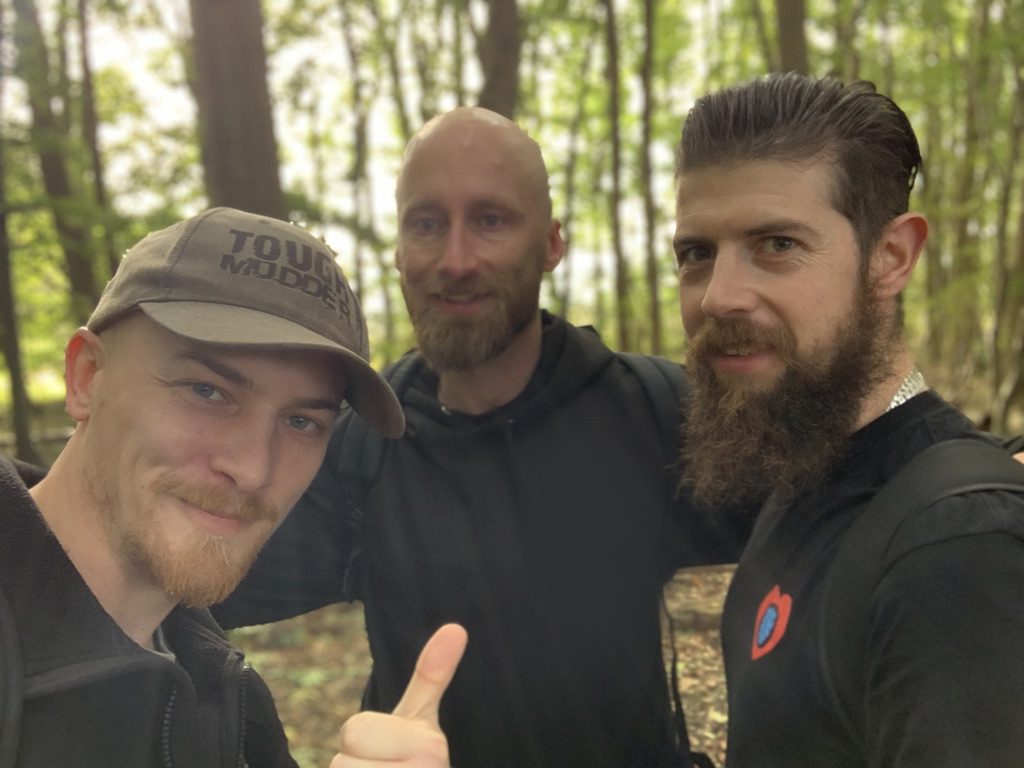 We are extremely proud to connect ABI survivors who have, or who are going through, similar life experiences. Having someone who understands their specific situation enables survivors to interact, gain support and learn from like-minded people.
We are extremely proud to connect ABI survivors who have, or who are going through, similar life experiences. Having someone who understands their specific situation enables survivors to interact, gain support and learn from like-minded people.
How do they help? Peer support enables long standing-service users to assist others in their recovery journeys, helping others who may have become socially isolated following their injury. It helps those involved to talk about their experiences and introduces them to new ideas and approaches that others have found helpful. This type of support helps individuals to connect, gives them a sense of belonging and provides reassurance that they are not alone in how they are feeling.
ADVOCACY SUPPORT - assistance with accessing other relevant support/services
We make referrals and signpost to enable service users to fully participate in society. This involves providing support and information to ensure they are accessing any relevant services that they are entitled to.
How do they help? After brain injury, sometimes focus, reasoning and decision making can be affected. In addition, emotional changes can sometimes cloud judgement. Advocacy support lets service users know they have someone by their side, helping them to be as fully informed as possible in terms of their wider health and wellbeing needs.
Who can access the P.A.U.L For Brain Recovery Service?
Our service is open to those 18 years old or over who have suffered an Acquired Brain Injury (ABI). Family members of those 18+ affected by brain injury are encouraged to attend our family support sessions.
Geographical Remit
There are currently no geographical restrictions for people accessing our service. Any potential service user must be able to attend sessions at the P.A.U.L For Brain Recovery Centre (Wilberforce Health Centre, 6 – 10 Story Street, Hull, HU1 3SA). We are currently unable to provide outreach support.
Service Restrictions
We cannot take referrals for those actively accessing services for complex mental health difficulties, or drug or alcohol misuse as we do not have the in-house specialist professionals to offer this level of support. We cannot offer crisis intervention support as we are not specialised in mental health support or interventions.
Our support services are not appropriate for people with degenerative brain conditions such as dementia or Alzheimer’s.
Referrals can be made by professionals, family members (as long as they have permission) or the individual themselves. Contact us by calling 01482 620229 or email info@paulforbrainrecovery.co.uk

